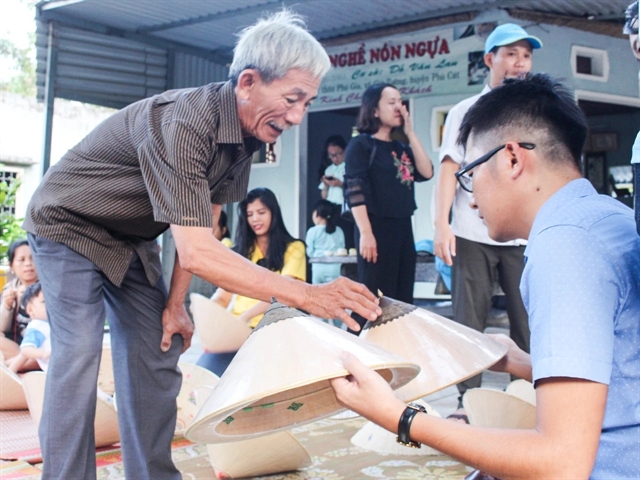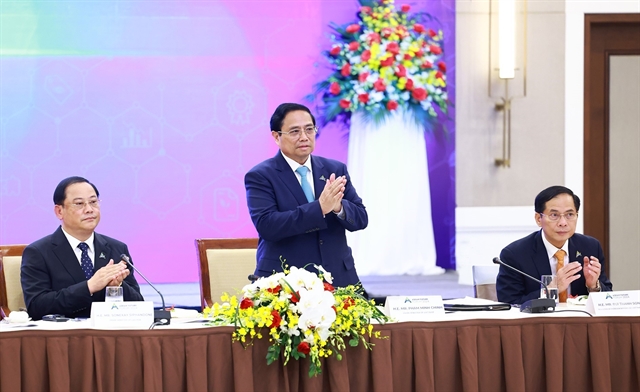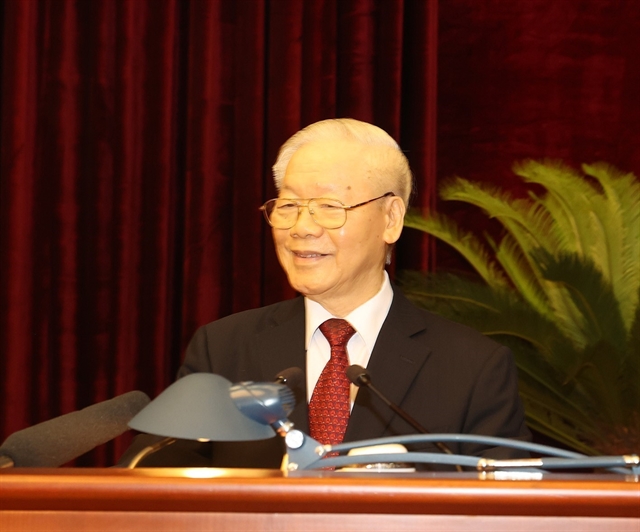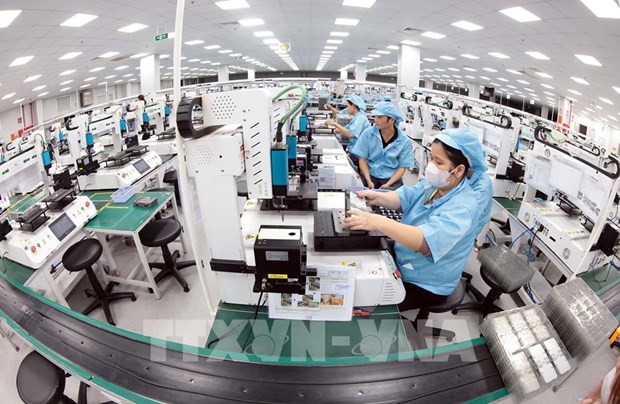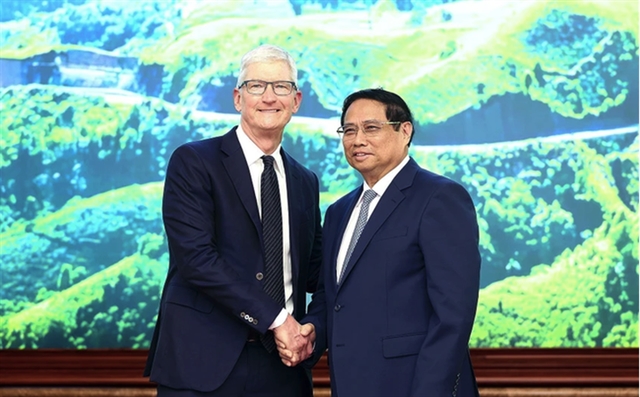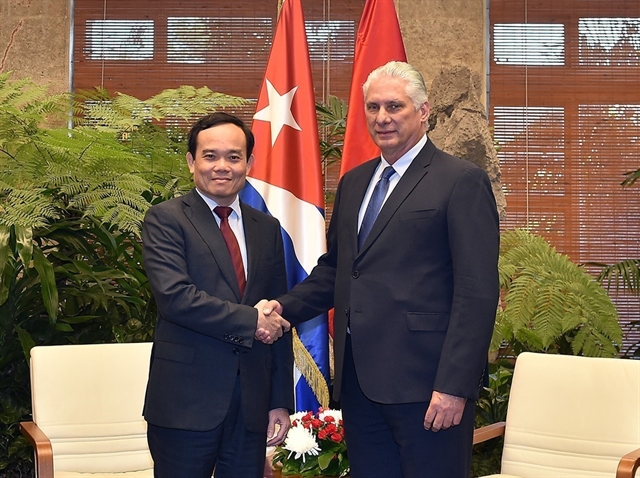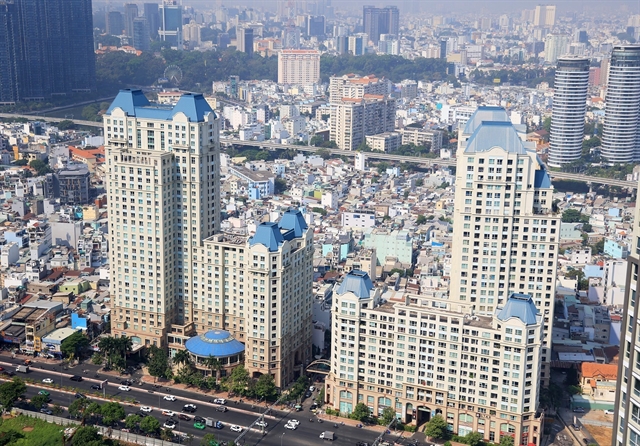.jpg) Economy
Economy

Việt Nam should have savvy foreign direct investment (FDI) policies that direct capital to modern and environmentally friendly technologies and promote technology transfer to make local firms more competitive, experts say.
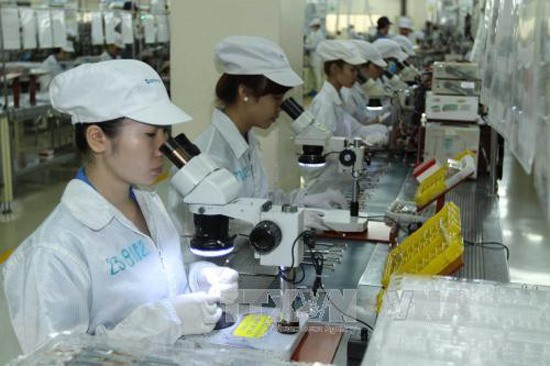 |
| Hi-tech electronic components produced at Japan’s Nidec Sankyo Vietnam Ltd. Company in HCM City. - VNA Photo |
HÀ NỘI – Việt Nam should have savvy foreign direct investment (FDI) policies that direct capital to modern and environmentally friendly technologies and promote technology transfer to make local firms more competitive, experts say.
They say it was a good sign that the manufacturing and processing industries were drawing significant FDI sums. Statistics compiled by the Việt Nam Foregin Investment Agency show that in the first quarter of this year, nearly 85 per cent of registered FDI, or US$6.54 billion, went to manufacturing and processing industries.
According toTrần Văn Thọ, economics professor at Waseda University, Tokyo, FDI has a significant role to play in promoting domestic industries and driving economic growth.
“However, if Việt Nam does not have wise FDI policies, the economy will be at risk of depending heavily on foreign companies and domestic firms will fail to accumulate resources like technology and capacity,” Thọ was quoted by a recent Việt Nam News Agency report as saying.
He said this might lead to distortions in the economic structure in the long term and the industrialisation process would not be sustainable.
“External force is important but it is the inner force that decides,” Thọ said.
He said that Việt Nam’s industrialisation process was currently heavily dependent on foreign investment, but the FDI sector was not closely linked to the national economy.
Tho citied statistics showing that FDI accounted for 50 per cent of the country’s industrial output and 70 per cent of exports. Some export products, like mobile phones, were solely FDI.
He said that Việt Nam would need to have policies that encourage FDI inflow into high quality hi-tech production and technology transfer.
Nguyễn Thị Tuệ Anh, Deputy Director of the Central Institute for Economic Management, said that the FDI sector was not linked closely with domestic firms, which hinders technology transfer. At the same time, domestic firms had not engaged deeply with the supply chain of the FDI sector in Việt Nam.
“It is important that FDI attraction is targeted at promoting technology transfer and improving competitiveness,” Tuệ Anh said, adding that policies should direct investment to environmentally friendly and hi-tech sectors.
“Rapid globalization and the fourrth industrial revolution requires Việt Nam to be selective in FDI attraction, with a focus on quality rather than quantity,” he said
Other experts, meanwhile, said it’s time Việt Nam focused on attracting investment from giant corporations in the world.
They noted that with the Government hastening efforts to improve the investment climate, Viet Nam was becoming more attractive to foreign investors.
In the first quarter of 2017, FDI surged to $7.71 billion, jumping 91.5 per cent over the same period last year.
Economist Nguyễn Mại was quoted by the Nhân Dân (The People) newspaper as saying: “We should not worry about how to attract FDI but focus on selecting the best projects.”
However, the problem was that the licensing of many FDI projects was now under local authorities, with the result that many poorly-performing projects had been approved.
This showed that the Government should act fast to issue regulations that direct FDI attraction and other mechanisms towards enhanced supervision and project efficiency, Mại said.
FDI to HCM City up 56.7%
HCM City attracted $574.71 million in FDI in the first quarter of 2017, a year-on-year increase of 56.7 percent, according to the municipal Department of Planning and Investment.
The city granted investment certificates to 141 projects with a total investment of $133 million and 42 existing projects with a combined capital of over $89 million. Besides, it approved 401 foreign investors’ registration to contribute capital, purchase shares and buy back financial contributions from the city’s firms to the tune of $352 million.
Malaysia topped the city’s FDI sources with over $44 billion (33.3 percent of the total), followed by Japan with $29 billion (22 percent) and the Netherlands with $16 million (12 percent). Information and communications sector was the top sector, luring $51.77 billion, or 38.7 percent, as much as 3.1 times over the same period last year.
The city’s Planning and Investment Department has launched an online investment registration system for foreign investors who want to contribute capital to firms in the city. After five months of operation, the system received 432 documents. The second phase of the programme will include other procedures.
Regarding domestic investment, more than 7,900 new enterprises with a total registered capital of VNĐ99.4 trillion ($4.3 billion) were licensed by the city, up 14 and 61.7 per cent respectively over corresponding figures last year. - VNS

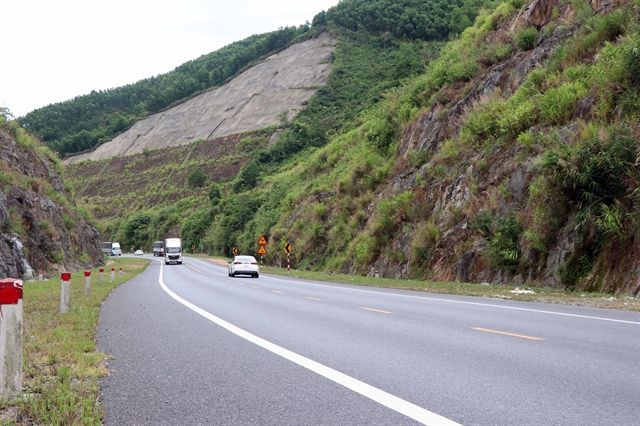
.jpg)
